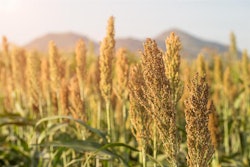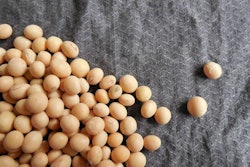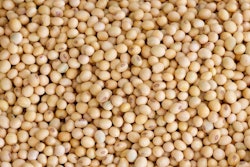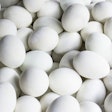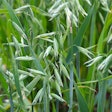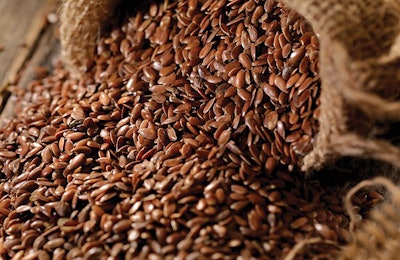
Vitamin E supra-nutritional levels prevent lipid oxidation in broiler meat
Linseed oil is the prized medium used from past times in artist oil paints. The reason is quite simple: It dries faster than other available natural oils, without adding synthetic drying additives. This rapid drying property translates into fast oxidation in biochemistry terms. In other words, linseed oil is highly prone to oxidation. This is why linseed-based ingredients, especially those that have the oil exposed outside the naturally containing cells, are fortified with synthetic antioxidants such as ethoxyquin, BHT and other similar products.
But, if such supplementation is sufficient for linseed products, it appears it is not so for animal products (milk, eggs, meat) produced by animals fed high-oil linseed products. Indeed, research has shown that such animal products are prone to oxidation more than similar products produced by animals fed other oils. As it happens, omega-3 fatty acids (n-3 PUFAs) are oxidized rapidly, and this is why fish and fish meal (rich in such fatty acids) are better consumed while they are fresh.
In research published in December 2019 in the Animal Feed Science and Technology journal, it was reported that “dietary supra-nutritional inclusion of vitamin E inhibited the lipid peroxidation in fresh, frozen stored, cooked fresh and frozen stored meat in broilers fed with diets rich in n-3 PUFAs.” The inclusion of selenium and vitamin C (both also potent but disparate antioxidants) did not improve any further the antioxidant capacity of broiler meat.
That vitamin E improves shelf life of meat products is well known and now it is verified that it also helps in the case of linseed oil-supplemented feeds. In the above study, the level of supplemented vitamin E was 200 IU/kg, a level often recommended by many authorities.
In closing, it is to be expected that similar supra-nutritional levels of vitamin E will be equally beneficial in diets fortified with any other source of omega-3 fatty acids, such as algae oil.


